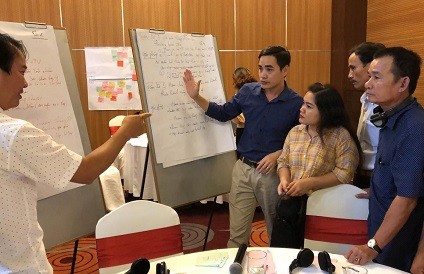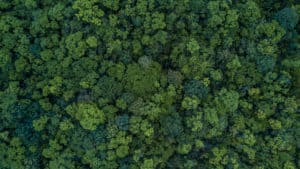The Smallholders Representation Working Group has agreed to propose the new main characteristics for potential representatives of GPSNR smallholders as below:
Smallholder: individual natural rubber farmers with all following characteristics:
- The primary source of income for the smallholder is the farm (not only Natural Rubber);
- The Natural Rubber production unit size is less than 50ha (although the farm may be larger);
- Profits from the farm accrue primarily to the owner of the farm and their family.
The new definition combines the qualitative and quantitative aspects with the intention to offer a pragmatic and standardized definition. The working group members understand that average farm size differs from country to country, hence having a universal threshold in farm size might not guarantee that the farmer is a small grower in that particular country. However, a quantitative indicator should be in place in order to give an objective and clear understanding to all audiences. The threshold of 50 hectares is established as an interim quantitative indicator based on the discussion in the working group that more than 80% of natural rubber supply comes from the farm which is smaller than 50 hectares.
The Country Champion is collecting application form from the smallholders that have been nominated durinng GPSNR Smallholder Workshop. While membership fee is waived to smallholder member, funding to participate the General Assembly in March 2020 in Singapore is limited to 20 seats. The Working Group will further look at the profile of the smallholders to design the criteria for funding mechanism.






